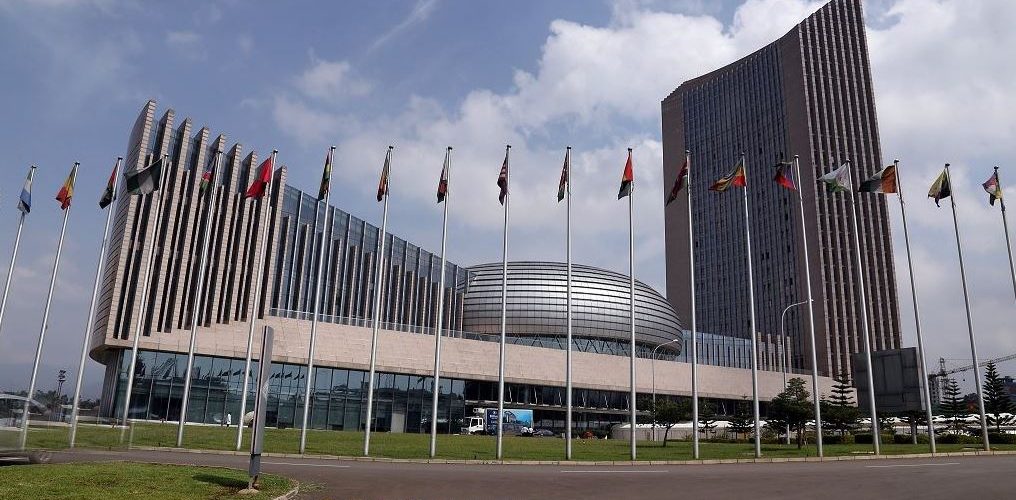Freedom is the capacity of an individual to think, act, speak, and write without interference. Press freedom is then the ability of mass media to function outside of the influence of the government.
The constitution of Nigeria, 1999 in section 39 (1) recognises and guarantees freedom of expression as a fundamental right. Also, section 22 of the Constitution places a burden on the press to hold the Government responsible and accountable to the people. Therefore, freedom of the press is enshrined in freedom of expression. All of which is only possible in democracies.
A democracy is a system of government in which citizens elect representatives from amongst themselves into governing bodies such as a senate, presidency, or any other body that can be called by other name but function in the interest of the people. In democracies, governments work for the people and can be held accountable by the people. The power of a democracy is vested in its constitution, which give citizens rights and protects these rights from being trampled upon. In every working democracy, power belongs to the people.
However, power corrupts. Absolute power corrupts absolutely. There is a tendency for representatives of the people to abuse power. So, power becomes a weapon that they wield against the people. Democratically elected leaders slowly morph into emperors, a transformation that is never allowed to be completed when there is a free press. It is the reason why dictators quickly ban the press or put a gag on them as soon as they ascend to power. They do not need to pretend like their democratically elected compatriots that they stand for freedom of the press.
Democracies are only as free as freedom of expression is allowed. Respect for this basic human right, and how accessible public information is, pinpoints how accountable a government is. The more governments use censorship to curtail the freedom of the press, the more very like dictatorships democracies become. In pseudo-democracies, as practiced in Sub-Saharan Africa (democracies where the populace is free enough to vote for their representatives but shot or imprisoned when it is time to hold these representatives accountable), press freedom is still a luxury that the state cannot allow. For instance, during the EndSARS protest in Nigeria, media houses were gaged by a circular from the NBC to desist from portraying news that would disgrace the government. The circular, albeit subtle, had all the undertones of dictatorship. Because of the circular, the people (protesters) had to utilise Social Media to draw attention to the cause they were fighting for.
Even though there are three tiers of government: the executive, legislature, and judiciary. The press operates as the fourth wheel of government. It has the moral responsibility to hold the executive, legislature, and judiciary accountable to the public. In most quarters the press is regarded as apostles of the masses, the voice of the voiceless, watchdogs, hence their independence is essential to democracies. A free press ensures that politicians and public officers do not get power drunk. Also, it ensures that when they get power drunk the people can hold them accountable.
Democracies are built on effective communication channels, which allows for the free flow of information of what is happening in government, why it is happening, when it is happening, and how it is happening to be relayed to the populace. This communication channel is marshalled by the press. In proper functioning democracies, the press is independent of the state. As state-owned presses only function as damage control agents for their governments, not as the voice of truth.
In proper functioning democracies, the press has a duty to the people. To protect the people from the government. To expose the government to the people. To ensure that the tenet of democracy government for the people, by the people, and of the people, is upheld. A democracy can only be as strong as its press freedom.
This article conveys the views of the author and not necessarily that of Ominira Initiative.


